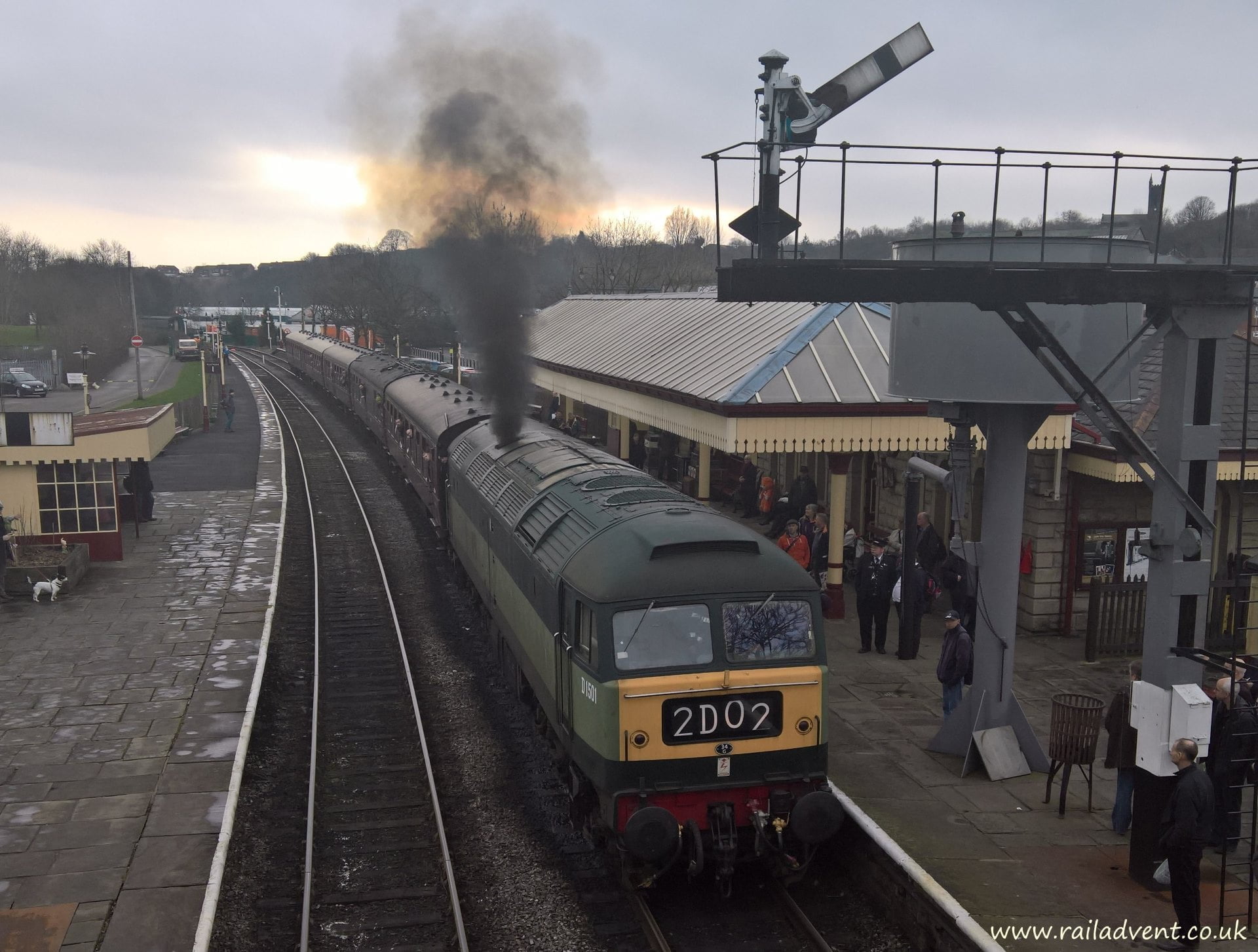The East Lancashire Railway are to give Class 47 D1501 a proper send-off with a special farewell weekend on the 2nd and 3rd of April 2022
Sadly Class 47, D1501’s time at the East Lancashire Railway is coming to an end.
The hardworking locomotive has been a cornerstone for the heritage railway for more than 20 years and has seen an impressive number of galas and events such as the Halloween Ghost Trains and the Santa Specials.
Originally built in 1962, D1501 was one of a group known as ‘generators’ which was due to being fitted with a generator rather than an alternator.
Why not grab this last opportunity to ride behind D1501 over the East Lancashire Railways twelve and a half miles of track including the steep incline on the way to Heywood which is affectionately known as the Ski Jump.
D1501 is reportedly off to a new home at Peak Rail.
To book tickets or for further information, please visit the East Lancashire Railway website.





Responses
Why is 1501 going to Peak Rail after being looked after by the ELR diesel group for so long. Many volunteer hours have been spent working to keep the loco ship shape.
This diezel loco class47 in two tone green was the first loco I ever owned in model form as I was( and still am haha) before that a “diyed in the wool Steam Man ” but that D1501 always seemed to be on the rear or a heretage steam locos. So I shall be along 0n the 2nd or 3rd April to take a few photos and maybe a ride on her last duties.Cheers.
Weren’t they called generatos because they were the only 47s fitted with ETH from new when the rest would have been steam heat or nothing?
Yes, as far as I am aware D1500 – 1519 and D1960 and 61 had both steam heating and electric train heating from new. The ETH used a Brush BL100-30 type alternator. The 47s all had main and auxiliary generators and not alternators ie: they were DC and not AC. 47046 was converted to 47601 in 1976 and became a testbed for the class 56s. Its Sulzer engine was replaced with a Ruston Paxman and its main and auxiliary generators replaced with alternators. Up to this time there was, I believe, no satisfactory control of AC at these power levels. I think it was the development of the thyristor that made AC a practical reality in locomotive traction. The class 57s are re-engined alternator 47s. All modern diesel electric traction is AC. Alternators do away with commutators and the need to pass massive currents through the brushgear.
They all had DC main generators but D1500-D1519 had a separate train heating generator fitted from
New unlike the other eth fitted 47s which had an alternator fitted for both auxiliaries and train heating hence the reason that the first 20 were known as generators. Whereas the later 47/4s had 2 electrical machines attached to the engine (a main generator and a combined ETH/ Auxiliary alternator) the generators had 3 with separate generators for power, ETH and auxiliaries.